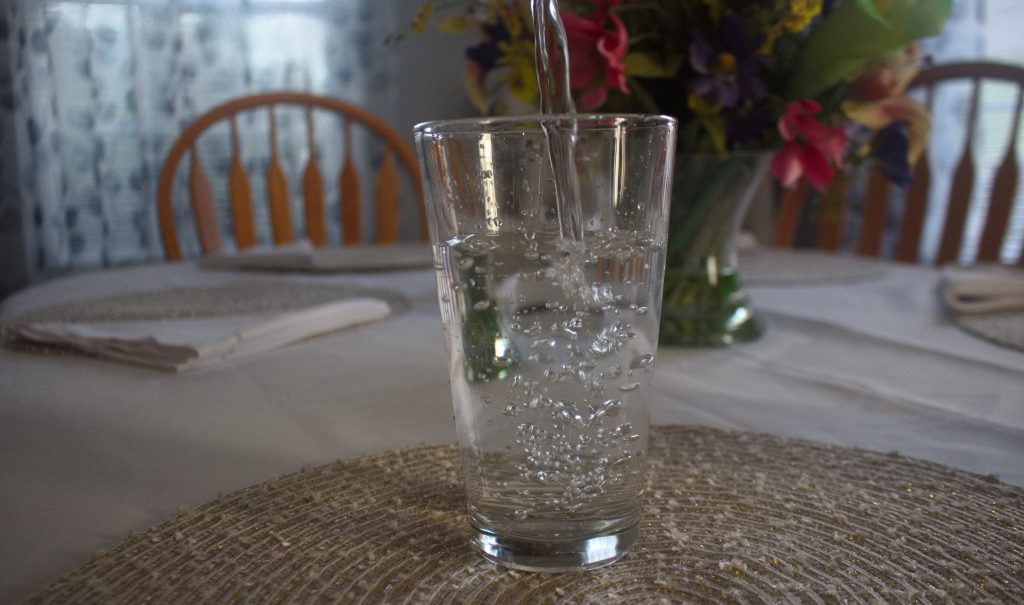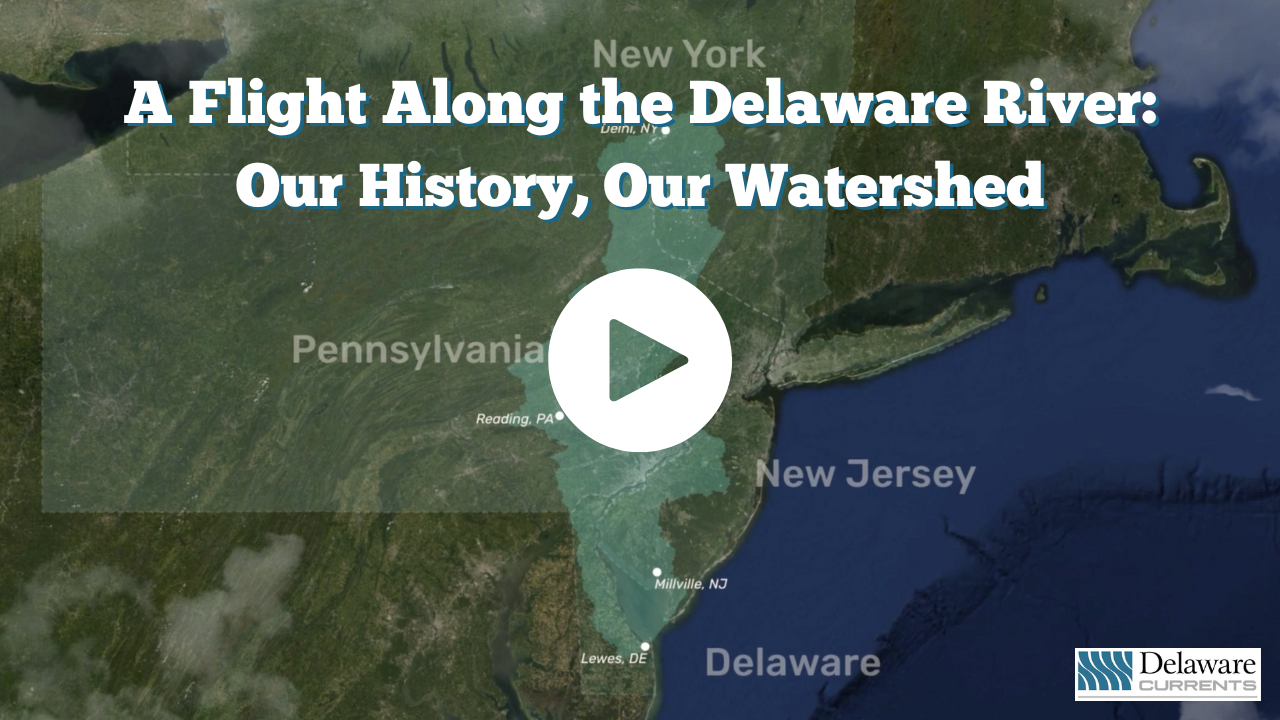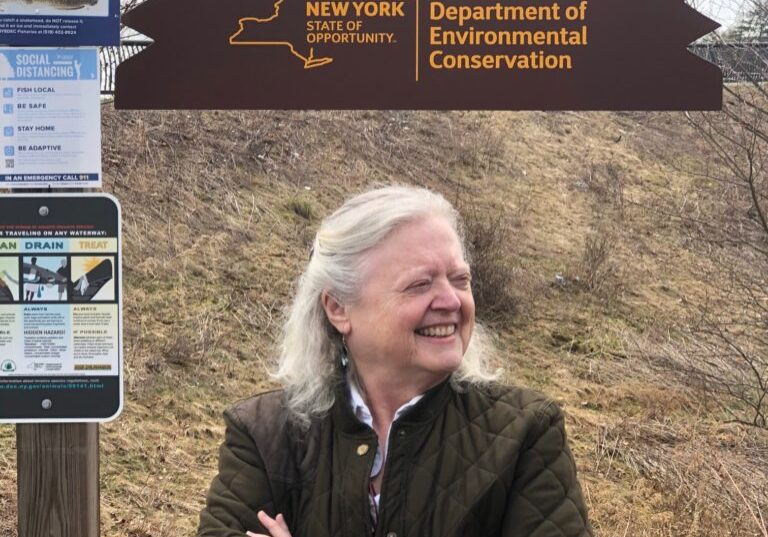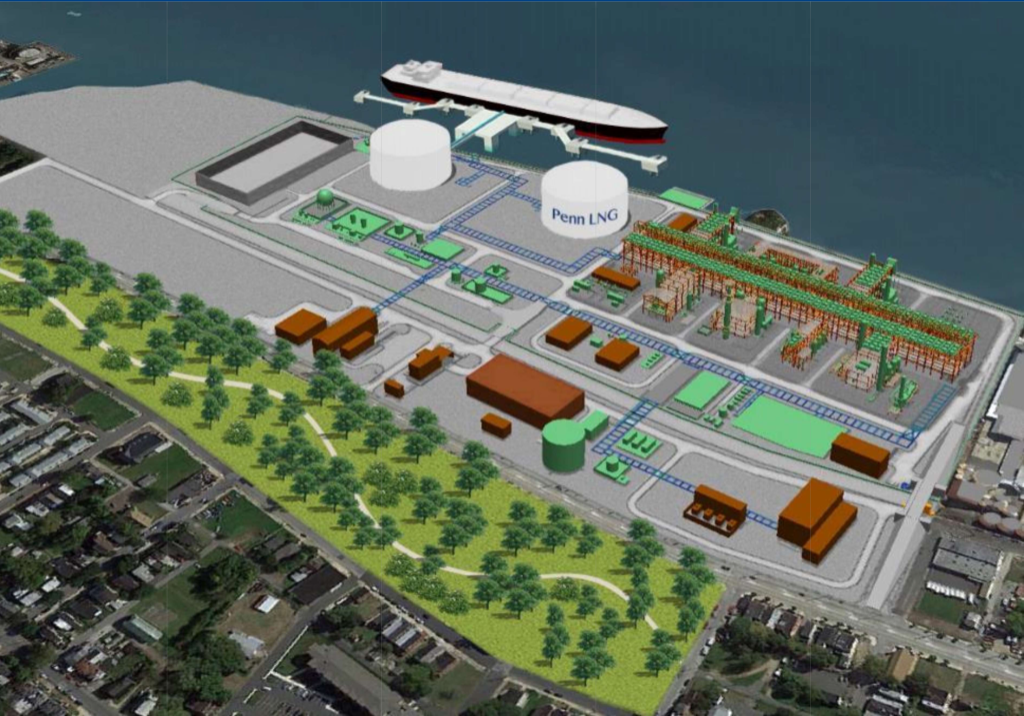
Where does your drinking water come from Camden, N.J.?
| August 27, 2024
Editor’s Note: This is the second in a series of articles to educate readers in southwestern New Jersey about the source of their drinking water and its quality. This story was produced as part of the Center for Cooperative Media at Montclair State University’s South Jersey Information Equity Project fellowship and supported with funding from the Independence Public Media Foundation, the Geraldine R. Dodge Foundation and the NJ Civic Information Consortium.
Who supplies the water to Camden City? Camden City’s water supply is managed through two main contracts: New Jersey American Water and the City of Camden Water.
New Jersey American Water is the state’s largest investor-owned utility, supplying water to approximately 2.8 million people statewide.
New Jersey American Water provides services to the northeastern areas, including Cramer Hill and East Camden, which serves about 21,502 residents. The City of Camden Water department manages the rest of the city, from Coopers Point to Fairview, which serves about 46,585 residents.
What reports are required by each water supplier for consumers? The Consumer Confidence Report is the annual report that your water supplier is responsible for submitting annually. This report tells you the quality of your water, where your water comes from and what is in it.
New Jersey American Water is required by the New Jersey Department of Environmental Protection to provide yearly updates to its water quality reports to ensure that customers are informed about compliance with regulations.
How can you find water violation reports in your area? If you are a resident or customer of New Jersey American Water, you can find your water quality report by entering your zip code on their website. To know what water supply company you have, look at your water bill.
Who is responsible for enforcing the standards? The NJDEP’s Bureau of Safe Drinking Water and the regional Bureaus of Water Compliance and Enforcement. (NJ.gov Guidelines)
How do water quality enforcers review data and appropriate action? State regulators take appropriate legal actions ranging from Notice of Violation letters to Administrative Orders with financial penalties for water that exceeds federal and state limits.
New Jersey has promised to get rid of all lead lines by 2031. What other adjustments are happening in your area? In Camden, significant investments have been made, including a $5.5 million project on 27th Street to upgrade sewer and storm infrastructure.
Is the New Jersey Legislature taking steps to protect our water? Lawmakers have recognized the potential health impacts of microplastics, and are considering a bill that would urge the EPA to establish drinking water standards for microplastics and nanoplastics.
These tiny plastic particles are less than five millimeters in size and are found in various water sources due to the breakdown of larger plastic debris. Research suggests that microplastics can have several adverse effects on human health including inflammation and cellular damage.
New Jersey legislators are also mandating water suppliers to notify municipalities and schools of any drinking water quality violations, aiming to improve public awareness and safety.
Camden’s water quality management involves a complex interplay of monitoring, compliance, and infrastructure investment. While recent years show compliance with safety standards, ongoing vigilance and adaptation to new regulations are crucial to ensure the long-term safety and reliability of Camden’s water supply.
If you want to learn more about the quality of your water supply in your region, contact American Water Company at 856.346.8200.
For additional water supply resources:
New Jersey Department of Environmental Protection, Bureau of Safe Drinking Water:
(609) 292-5550 • www.state.nj.us/dep
New Jersey Board of Public Utilities:
(800) 624-0241 • 44 S. Clinton Ave, Trenton, NJ 08625
Division of Customer Relations:
1-800-624-0241 • www.state.nj.us/bpu
US Environmental Protection Agency: www.epa.gov/safewater
Safe Drinking Water Hotline: 1-800-426-4791


![DC_Image [Image 4_Assunpink Meets Delaware] meets Delaware The Assunpink Creek on its its way to meet the Delaware River. The creek passes through woods, industrial and commercial areas and spots both sparkling and filled with litter.](https://delawarecurrents.org/wp-content/uploads/bb-plugin/cache/DC_Image-4_Assunpink-meets-Delaware-1024x768-landscape-14f069364113da5e8c145e04c9f2367c-.jpg)



